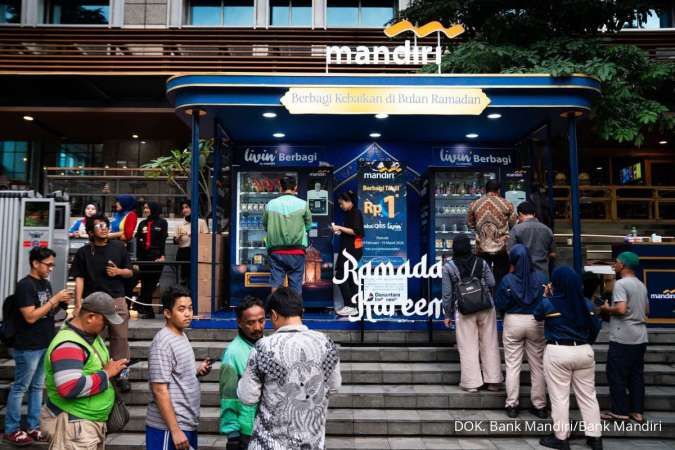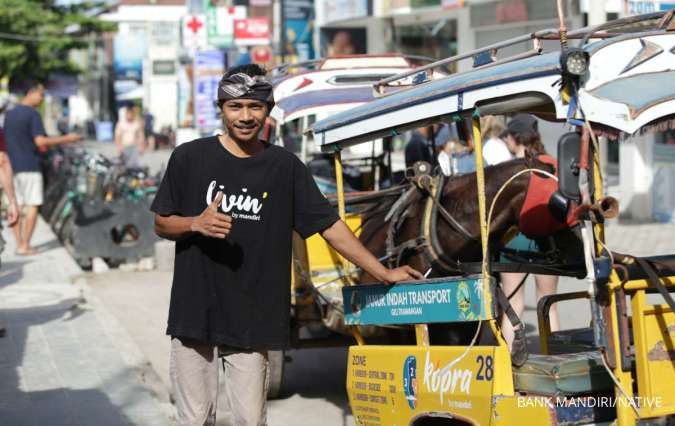JAKARTA. Should Basuki “Ahok” Tjahaja Purnama remain Jakarta governor or should Jakartans elect a new leader? It is a question that Jakarta citizens need to answer by casting their votes in the direct gubernatorial election next year - the second round of simultaneous regional elections in the country. It is still over a year away but incumbent Governor Ahok has been gathering support from Jakartans. His volunteers - grouped under Teman Ahok (Friends of Ahok) - are calling on supporters to fill in support forms again in an effort to minimize possible loopholes that may risk his independent candidacy. As the incumbent, Ahok has the upper hand in the election. However, because he has yet to secure endorsement from a party or coalition of parties to make him eligible to contest, Ahok will rely heavily on public support. He has named Heru Budi Hartono, a civil servant at the Jakarta administration office, as his running mate.
Do we still want Ahok?
JAKARTA. Should Basuki “Ahok” Tjahaja Purnama remain Jakarta governor or should Jakartans elect a new leader? It is a question that Jakarta citizens need to answer by casting their votes in the direct gubernatorial election next year - the second round of simultaneous regional elections in the country. It is still over a year away but incumbent Governor Ahok has been gathering support from Jakartans. His volunteers - grouped under Teman Ahok (Friends of Ahok) - are calling on supporters to fill in support forms again in an effort to minimize possible loopholes that may risk his independent candidacy. As the incumbent, Ahok has the upper hand in the election. However, because he has yet to secure endorsement from a party or coalition of parties to make him eligible to contest, Ahok will rely heavily on public support. He has named Heru Budi Hartono, a civil servant at the Jakarta administration office, as his running mate.


